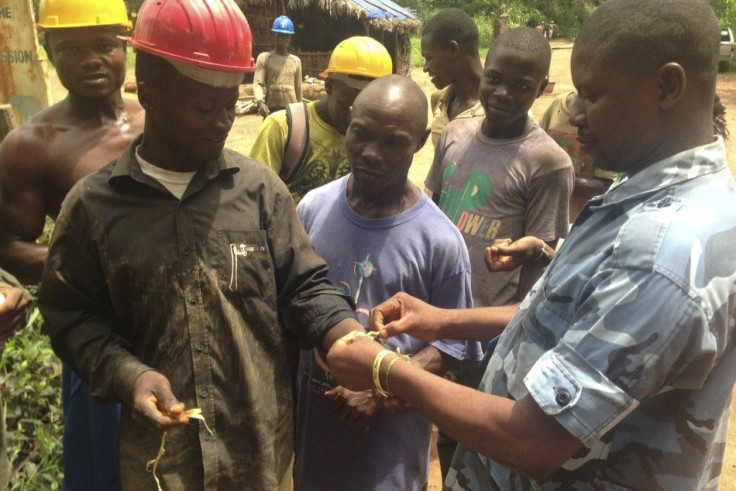Breakthrough for Ebola Outbreak: Secret Serum Could Be the Cure

Kent Brantly was affected by the Ebola virus, and he thought he was going to die. The American doctor had been in Liberia when he contracted the deadly virus from his colleague. The 33-year-old even called his wife to say goodbye.
Brantly and another aid worker, Nancy Writebol, were being treated at a clinic where the experimental drug, ZMapp, was delivered. ZMapp is a secret serum that is delivered in subzero temperatures and is administered after their vials thaw naturally.
Brantly and Writebol had to take the life-changing decision of whether they wanted to be given the serum or not as a part of their treatment. The drug, a huge risk, has been tried on monkeys and worked fine in them, but it had never been tested on humans.
Since they were on the verge of death, both Brantly and Samarian's Purse aid worker, Writebol, gave their heads up for the secret serum. CNN reported that Brantly had asked Writebol to take the first dose of the serum which took eight hours to thaw and react. Brantly's condition seemed to be worsening and then he asked the doctors to give him the medication as well.
Within an hour of receiving the medication, Brantly's health seemed to be improving and the doctor described it as "miraculous." His breathing improved to a great extent and rashes that were covering his upper part of the body started fading away. The next morning, he was also able to shower on his own, after which he boarded the plane that took him to Atlanta.
When he arrived at the Emory University Hospital, he walked out off the ambulance without any help. He is the first Ebola virus infected patient to enter the United States of America. Fifty-nine-year-old Writebol will be joining Brantly soon at the hospital.
The infectious disease specialist at the Emory Medical Hospital, Dr. Jay Varkey, belongs to the medical team that is treating the two aid workers.
A San Diego-based biotechnology firm, Mapp Biopharmaceutical, created the secret serum which has required the recipients to sign consent forms, but no one is clear if the application of the drug has been approved.





















